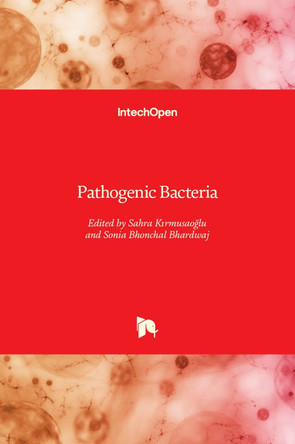The ability of pathogenic bacteria to adapt to various chemical, biochemical and physical conditions within the human host and their ability to respond to stresses generated in these environments is a central feature of infectious diseases and the outcome of bacterial infection. This book covers the key aspects of this rapidly developing field, including the generation of stresses by the host immune system, bacterial response to reactive chemicals, and adaptation to environmental conditions of anatomical niches such as the gut, mouth and urogenital tract. It also addresses the increasing importance of different metal ions in the pathogenesis and survival of specific bacteria. With chapters by active research experts in the field, the book provides a comprehensive outline of the current understanding of this field, the latest developments and where future research is likely to be directed.
About the AuthorDr Stephen Kidd was awarded his PhD in Molecular Microbiology from the University of Queensland. He then worked in Prof. Nigel Brown's research group (The University of Birmingham, UK) on the transcription factor MerR; the mechanism of its environmental stress response. He started work on a number of other MerR-like regulators and then after moving back to the University of Queensland, some of these which functioned in disulfide stress response in pathogenic bacteria. In November 2008 he started working at the University of Adelaide as a Group Leader in Microbiology and Immunology.
Book InformationISBN 9781845937607
Author Brian AkerleyFormat Hardback
Page Count 320
Imprint CABI PublishingPublisher CABI Publishing





